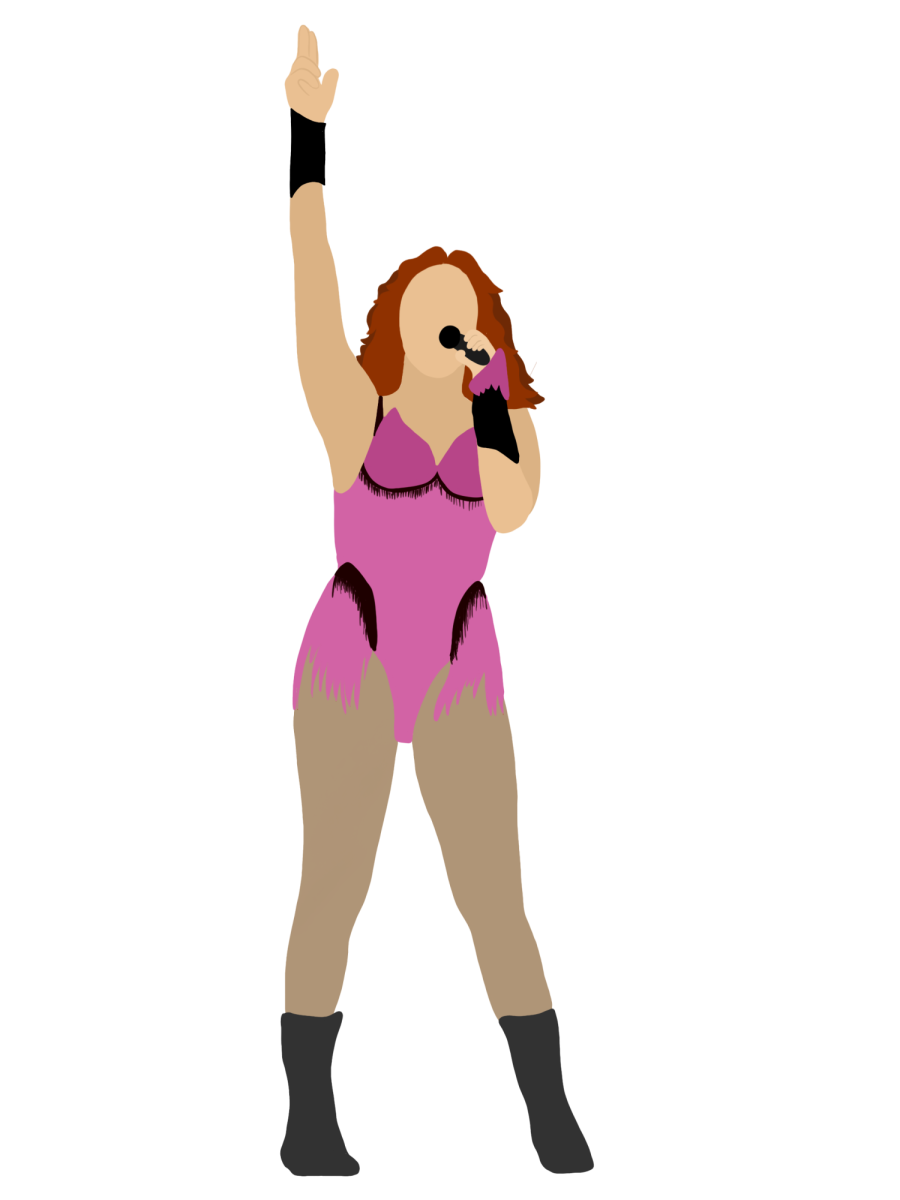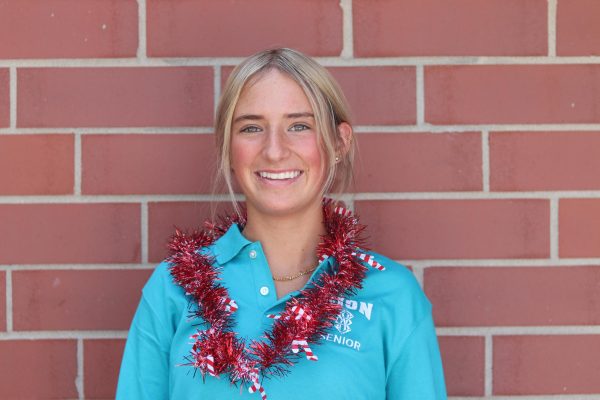On Saturday, August 17, an A.I. generated image of singer and celebrity Taylor Swift in an Uncle Sam outfit was reposted by former President Trump announcing an endorsement from Swift. Following, on Tuesday, September 10, Swift posted an announcement on Instagram endorsing Kamala Harris.
‘Recently I was made aware that A.I. of ‘me’ falsely endorsing Donald Trump’s presidential run was posted to this site,’ Swift wrote. ‘I will be casting my vote for Kamala Harris and Tim Walz in the 2024 Presidential Election.’
With over 11 million likes, this post generated a lot of opinions on A.I. in the election, and more predominantly, celebrity endorsements. People began to question the truth of presidential posts as well as the reality of endorsements on social media.
‘The simplest way to combat misinformation is with the truth.’ Swift wrote.
On the other hand, singer Chappell Roan recently announced a “non-endorsement” with a statement on the candidates and political climate.
“I have so many issues with our government in every way. There are so many things that I would want to change. So I don’t feel pressured to endorse someone,” Roan stated to the public. “There’s problems on both sides. I encourage people to use your critical thinking skills, use your vote—vote small, vote for what’s going on in your city.”
With this announcement, controversy and questions on celebrities’ place in such a pressing election rose. There are mixed emotions on how societal figures should use their platform and express political alignments. Many people felt it was neglectful for her to publicly condone not voting in our democracy. Others applauded her realism in this polarized year. For celebrities, like Roan, they jeopardize parts of their fanbase when they share their opinions on controversial matters within the nation.
Another high profile struggle within this election is music release for campaign events. The team of the popular singer Celine Dion issued a statement after one of her songs and music videos was played at a presidential campaign without her permission leading to a public response.
“In no way is this use authorized and Celine Dion does not endorse this or any similar use.
… and really, that song?” the statement said.
This post also attracted attention and raised debate on the ethics of artists’ works in political events. Bringing to question how large the impact of celebrity opinions on U.S. citizens during elections. Does hearing the music of one of your favorite singers at a campaign make you more inclined to vote for them?
Articles on celebrity endorsements in the election frequently mention a study by the Harvard University’s Ash Center for Democratic Governance. The study showed that endorsements by famous figures can tremendously impact the election as well as increase voting numbers. This is why some high profile celebrities add voting links on their social media platforms. This is in hopes of rallying America to vote. This study is interesting to ponder especially in relation to the truthfulness of this within Sion.
When posed with the question ‘How much influencer or celebrity opinion on political candidates affects your own thinking and opinions of a presidential race?’ On a scale from zero-ten, zero being ‘not at all,’ and ten being, ‘all I consider’, 45 of 107 students voted 0.
In any election, small or big, we should keep in account the views of those who have platforms, but keep our votes in alignment to our beliefs.




